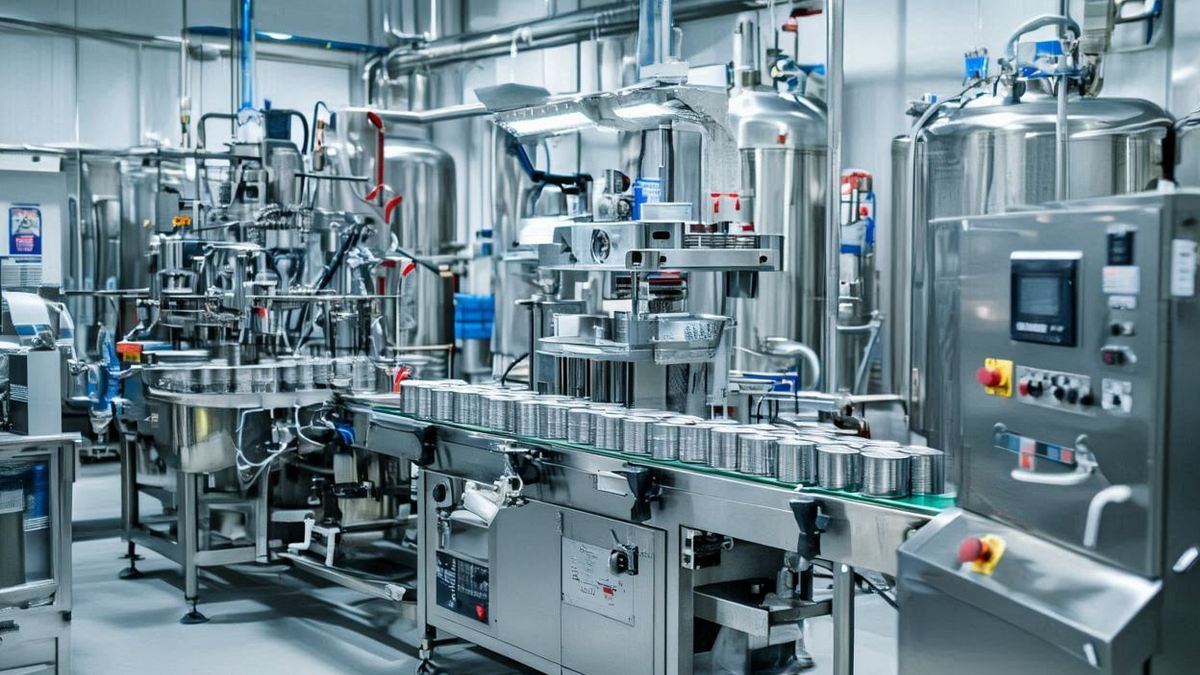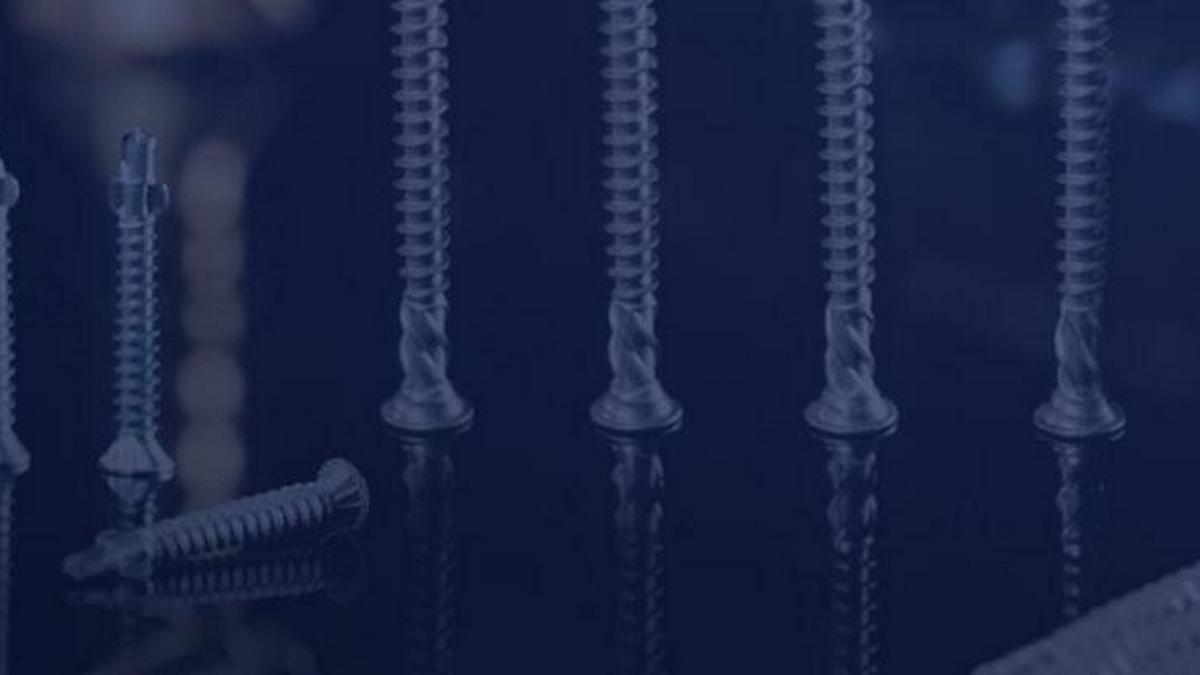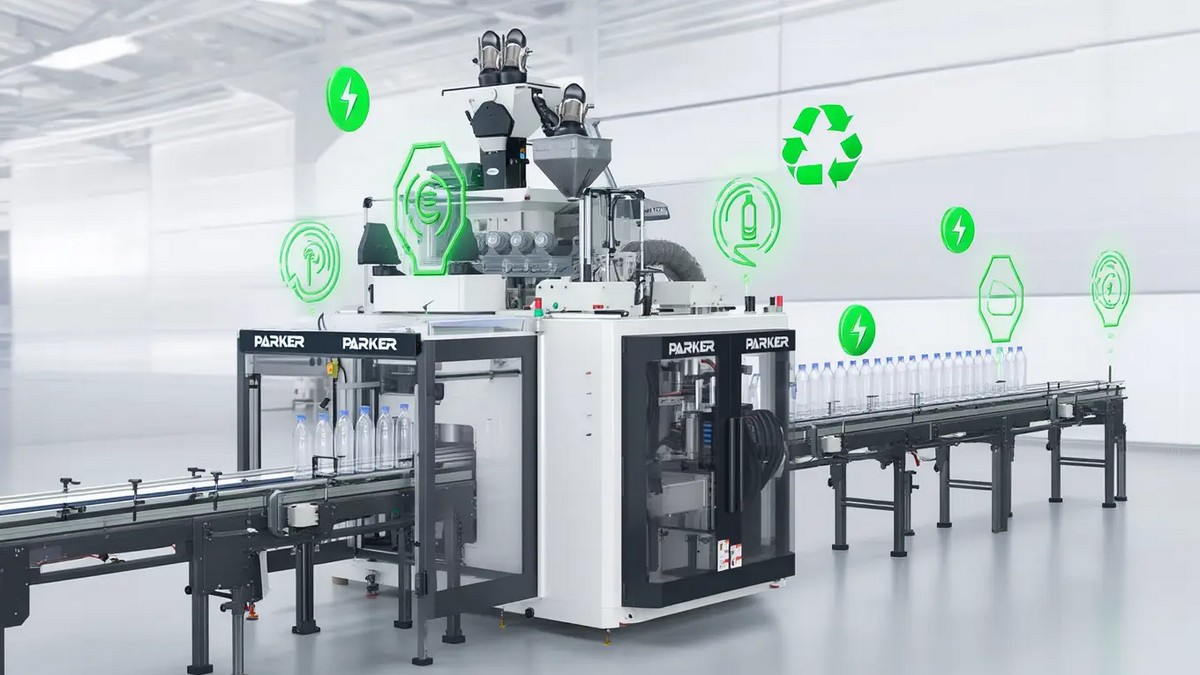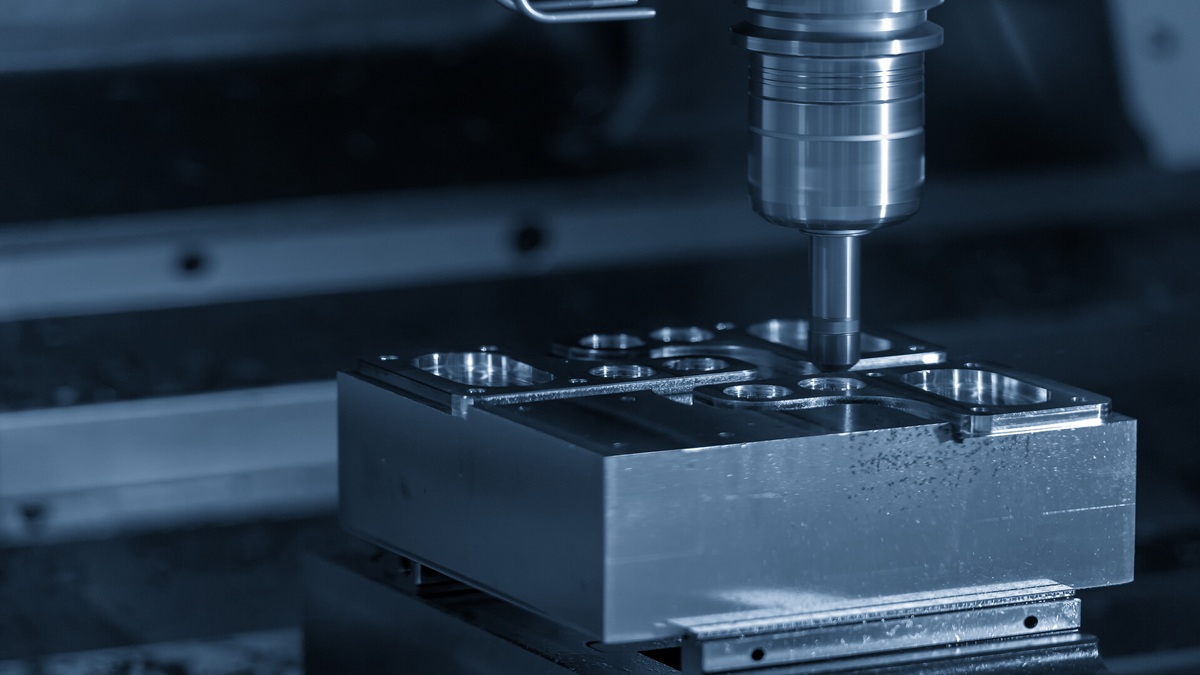Each morning, as dawn breaks, many find joy in brewing a fresh cup of coffee, savoring a moment of peace before the day's hustle begins. For many, achieving the perfect blend of flavor and aroma is essential; however, in our fast-paced world, time is a luxury, and when preparing that cherished brew, convenience becomes just as important as taste. Recognizing the need for both convenience and quality, coffee maker manufacturers have designed innovative solutions that cater to these demands. Home coffee makers ensure that even in the rush of a busy morning, anyone can quickly enjoy a cup of coffee that doesn’t compromise on flavor.
The Technology Behind Coffee Makers
The technology behind modern coffee makers is both intricate and fascinating. To bring together the steps required to complete a cup of coffee, these machines incorporate advanced technologies aimed at optimizing extraction processes and maintaining the integrity of the coffee's flavor and aroma. They control the water preparation and its introduction to the coffee grounds in a way that will best enhance the brewing process and tailor the outcome to individual tastes. Key technologies include:
Water Heating Elements – Thermo-coil and Thermo-block
The most fundamental technology in coffee makers is the water heating system. Most machines use a thermos-coil or a thermos-block system. A thermos-coil involves a heating element that heats the water as it passes through a coil, providing precise temperature control which is crucial for extracting the full flavor of coffee. Thermo-blocks, on the other hand, heat a small amount of water on-demand as it passes through a block, reducing waiting time and energy consumption.
Pump Systems - Vibration and Rotary
In espresso machines, the pump is a critical component. It forces water through the coffee grounds at high pressure, which is essential for creating the signature crema of an espresso. These machines typically use a vibration pump or a rotary pump. Vibration pumps are common in home models and are driven by an electromagnetic mechanism that pulsates to build pressure. Rotary pumps, which are generally found in commercial machines, use a motor-driven mechanism to deliver a consistent and quiet pressure supply, enhancing the stability and quality of the extraction.
Water Filtration Systems
Many advanced coffee makers come with built-in water filtration systems to ensure that the water used does not impair the coffee's taste with impurities or an imbalanced mineral content. These filters typically use activated charcoal or ion-exchange resins to remove chlorine, calcium, and other impurities that can affect the taste and aroma of the coffee.
Programmable Settings
To cater to individual preferences and automate the brewing process, many coffee makers are equipped with programmable settings. Users can adjust the brew strength, water temperature, and even the brewing time. Some machines also offer user profiles, which allow multiple users to save their favorite settings. With the integration of smart technology, users can customize brew strength and temperature via their smartphones, adapting the coffee to their personal taste and schedule.
Grinders - Blade and Burr
Coffee makers that come with integrated grinders enhance the freshness of the brew by grinding coffee beans immediately before brewing. There are generally two types of grinders used: blade grinders and burr grinders.
Blade grinders use a single blade that spins at high speed to chop coffee beans.
Burr grinders consist of two abrasive surfaces (burrs) that are set a specific distance apart. Coffee beans are fed into the burrs, where they are crushed to a uniform size by the moving burr against a non-moving burr.
Burr grinders are preferred because they produce uniformly sized coffee grounds, which promote even extraction and a balanced flavor profile in the brewed coffee.
Temperature and Pressure Controls
Sophisticated coffee machines include sensors and microcontrollers to precisely control the temperature and pressure throughout the brewing process. For example, PID (Proportional-Integral-Derivative) controllers are used to maintain the water temperature within a very narrow range optimal for coffee brewing, typically between 195°F and 205°F (90.5°C - 96.1°C).
Pre-infusion Features
Pre-infusion is a feature that slightly wets the coffee grounds before full brewing begins. This allows for a more even saturation and helps to "bloom" the coffee, releasing any gases trapped in the grounds and leading to a more even and effective extraction.
Modern coffee makers blend these technologies to create machines that are both user-friendly and capable of producing barista-level brews at home.
Unique Applications and Benefits
Coffee makers are no longer confined to kitchens or coffee shops. Beyond household settings, their versatility has led to their application in various environments:
Offices: Automated coffee systems in workplaces improve efficiency and boost morale and productivity.
Commercial settings: High-capacity coffee makers used in restaurants and cafes can handle significant volumes and include features like milk frothers and multiple group heads, which are essential for diverse coffee offerings.
Specialty applications: Some coffee makers are designed for RVs, cars, and even outdoor use, allowing coffee enthusiasts to enjoy a good brew even while traveling.
Barista Quality at Home
These advancements in coffee maker technology have revolutionized home coffee brewing, making it as delightful to brew as it is to drink. By providing convenience without sacrificing quality, they ensure that every cup brings professional-grade coffee into the comfort of your home.












.jpg)
.jpg)
.jpg)